Silicones For Hair: 11 Pros And Cons Explained
Separating myths from facts to know truth about silicones for your ultimate mane satisfaction

Image: Shutterstock
Most people nowadays prefer shampoos and conditioners without ingredients like parabens and sulfates. But they seem to be confused about silicones. Are silicones bad for your hair? Should you be using hair care products that contain silicones? While some brands boast that silicones protect the hair and prevent frizz, others claim that silicones can leave your hair with product residue and damage your tresses. So, what is the final verdict?

Silicones are commonly used in hair care products to add shine to your hair. They also help tame frizzy and unmanageable hair. In addition, they smoothen out hair strands by sealing them. While all of this sounds amazing, they also have a darker side. This article discusses the pros and cons of silicones, the different types, and how you can use silicones to your hair’s advantage. Keep reading to know.
In This Article
What Are Silicones?
Silicones are a part of skin and hair care products since the 1950s for their lubricating properties. They are synthetic compounds that form a protective coating that smooths the cuticle and reduces frizz to impart a soft, smooth, and silky feeling to your hair (1). Silicones are especially beneficial for dry, frizzy, and rough hair as they help tame the tresses and improve manageability.
 Trivia
TriviaWhile silicones are not toxic for your hair and scalp, they are occlusive substances that form a barrier to prevent moisture loss. Therefore, they can leave behind residue and weigh your hair down. However, this mainly depends on the type of silicones used in the product. Let’s find out in the next section.
Key Takeaways
- Silicones have lubricating properties, and they are used in many skin and hair care products.
- They make your hair soft, smooth, and silky, and are especially beneficial for dry, frizzy, and rough hair.
- Water-soluble silicones are hair-friendly and can be washed easily, while non-water soluble ones may leave a residue on the hair.
Silicones For Hair: Are They Safe?
The use of silicones in hair care products has been debated, with some highlighting their benefits and others cautioning about potential drawbacks. While they make your hair feel soft and silky, they also weigh it down and prevent the penetration of other hair care ingredients, moisture, and products. As a result, your hair may respond in two ways:
- Produce excess oil to cover the lack of moisture.
- Become dry and brittle in the long run.
Not all silicones are bad for the hair. Water-soluble silicones are hair-friendly. You should be specifically aware of the non-soluble silicones or the bad silicones. Let’s take a deeper look into the types.
Types Of Silicones For Hair
1. Water-Soluble Silicones
Water-soluble silicones easily dissolve in water and can be washed out from the hair. They do not leave behind any buildup. They are breathable, add shine, and condition the hair without causing any damage. The water-soluble silicones include:
- Dimethicone copolyol
- Lauryl methicone copolyol
- PEG-12 dimethicone
- PEG-7 amodimethicone
Hair care products containing these silicones are safe to use. Remember, all silicones with the prefix PEG are water-soluble.
2. Non-Water-Soluble Silicones
Non-water-soluble silicones are the bad silicones you should be aware of. They will stick to the strands no matter how many times you rinse. Bad silicones include:
- Dimethicone
- Cetearyl methicone
- Cetyle dimethicone
- Dimethiconol
- Stearyl dimethicone
- Amodimethicone
- Cyclomethicone
- Trimethylsilylamodimethicone
- Cyclopentasiloxane
- Cetyl dimethicone
- Pheryl trimethicone
- Behenoxy dimethicone
- Propyl dimethicone
Amodimethicone is a popular non-water-soluble silicone that makes the hair feel heavy. However, it is water-soluble when combined with other ingredients like trideceth-12 and cetrimonium chloride.
The next section explores the advantages and disadvantages of silicones for your hair.
Advantages And Disadvantages Of Silicones In Hair Care
Advantages
Water-soluble silicones have various positive impacts on the hair, like:
- They prevent hair damage and dryness.
- They prevent frizz and minimize split ends.
- They protect the hair from dust and pollution while keeping it smooth and shiny.
- Silicones add shine to the hair and prevent friction, minimizing hair damage and breakage (2).
- They prevent tangles, lock in moisture, and make the strands appear healthy.
- Silicones make it easier to detangle the hair and comb.
Disadvantages
- Silicones, especially the bad ones, coat the hair strands and prevent moisture absorption, which may dry out the hair in the long run.
- They are tough to wash off and make the hair limp, lifeless, and dull.
- They may leave residue on the scalp and choke the hair follicles, affecting healthy hair growth.
- Silicone buildup can make the hair sticky, especially when wet, and can cause breakage when trying to detangle wet strands.
- Silicones may weigh down fine or thin hair, increase dryness in curly or textured hair, irritate sensitive scalps, or cause dullness in hair that has had color treatment.
Deja Arielle, a YouTuber has used silicone-based products on her hair and shared her experience in a video. She says, “I decided that I’m gonna detox on silicone and just not use any products with silicone in my hair for a little bit so I did this for a period of three days. I’ve got all of its moisture back it was easier to tangle my curls, my hair looked healthier, it felt better and I was like wow okay, so silicones really do make a difference. I still do use silicone products but I am more careful about how I care for my hair (i).”
You need a proper clarifying routine to remove silicones from your hair and scalp. Here are a few ways you may try.
How To Remove Silicones From The Hair And Scalp
1. Use A Clarifying Shampoo
There are different types of shampoos that can be beneficial for different hair types and conditions. Each of them contains specific chemicals that can be useful for particular hair types or concerns. Clarifying shampoos contain sulfates and surfactants that can remove product buildup from the scalp and hair. However, ensure you follow up with a conditioner and never use the shampoo more than once every two weeks.
2. Vinegar
White vinegar or apple cider is often used in traditional recipes to clarify the hair and add shine. You can mix equal parts of vinegar and water and use it as a post-wash rinse.
3. Baking Soda
Baking soda has abrasive properties and may help remove buildup from your hair and scalp. You can mix a tablespoon of baking soda with the shampoo and wash your hair. Another way is to wet the hair, rub some baking soda on it, and shampoo the hair.
Note: Baking soda has a high pH and can be harsh on the hair. Do not use it more than once in two weeks. Avoid it completely if you have a sensitive scalp.
DIY Hair Mask For Dry And Dull Tresses Caused By Silicone
Silicone can dull the natural shine of the mane and make it look lifeless. Using hair masks containing moisturizing ingredients can improve the vibrancy of the hair. Check this DIY hair mask recipe to add luster to your mane.
1. Avocado Mask
It is rich in fats that can nourish and moisturize the tresses (3). It also reduces frizz and makes the hair smooth and shiny.
You Will Need
- 1 Avocado
- 2-3 tablespoons of coconut oil
Method
- Take a bowl and mash the avocado inside it using a fork.
- Combine it with coconut oil and mix well to form a smooth paste.
- Apply the mixture on the scalp and the lengths of the hair.
- Leave it for 10-20 minutes.
- Shampoo and condition as usual using lukewarm or cool water.
If you do not want to use silicones, worry not! Here are a few ingredients to look for in hair care products for similar results as silicones.
Alternatives To Silicones For The Hair
1. Octafluoropentyl Methacrylate (OFPMA)
OFPMA creates an invisible shield to protect your hair from dirt, dust, and environmental damage. It is lightweight and does not leave behind a residue like silicones. OFPMA makes the hair look wonderfully sleek and shiny. Also, unlike silicones, OFPMA is lightweight and may not weigh the hair down.
2. Mackaderm
Mackaderm is a popular silicone alternative and works as an emollient to keep your hair moisturized. This is a COSMOS-certified ingredient used in many hair care products, especially shampoos.
3. Alkamuls
Alkamuls is a natural oil solubilizer formulated with different types of vegetable oil. This component adds shine to your tresses without making them look greasy or heavy. It is mainly used in silicone-free hair products, especially in clear shampoos.
 Did You Know?
Did You Know?Silicones smoothen out the hair by taming frizz, lubricating the strands, and adding shine, but they have earned a bad reputation for causing product buildup. However, water-soluble silicones can easily be washed off, leading to no product buildup. Moreover, they help prevent hair damage, split ends, and breakage while aiding in detangling the strands. On the other hand, non-soluble silicones are bad for your hair as they stick to the strands despite frequent washing. These “bad” silicones coat the hair and prevent moisture absorption, thus drying out the hair. So, choose the silicones wisely for effective results.
Frequently Asked Questions
Do silicones cause hair loss?
Silicones may not directly cause hair loss, but they can clog hair follicles, resulting in product buildup and eventually leading to hair fall.
Is silicone-free shampoo better?
Silicone has some benefits for hair and is not necessarily all bad. Many people use silicone hair treatment to soften their hair. However, silicone-free shampoos are better for those who are concerned about the environmental effects of silicone or individuals who have fine, oily, or low-porosity hair.
Are silicones bad for low porosity hair?
Yes, silicones that cannot be easily washed off with water are bad for low porosity hair as these may cling to the hair strands and make it more difficult for them to absorb water and become hydrated.
What happens when you switch to a silicone-free shampoo?
Switching to a silicone-free shampoo may initially make your hair feel less silky and smooth, tangled, and even frizzy. However, in the long run (after a minimum of 5-8 washes with silicone-free shampoos), your hair may start feeling softer, lighter, and more voluminous. Your scalp may also feel lighter and cleaner with no residue buildup.
Do sulfate-free shampoos remove silicones?
Yes, sulfate-free shampoos usually contain alternative surfactants that may help remove silicone buildup from the hair and scalp.
Should curly hair avoid silicones?
Individuals with curly hair types should avoid certain types of silicones—the ones that are not water soluble—to prevent hair from becoming heavy, weighed down, or brittle.
This eye-opening video explains why silicones might not be the best for your natural hair. Learn how to care for your natural hair with alternative products that promote healthier hair without harmful effects. Tap yo play.
Personal Experience: Source
StyleCraze's articles are interwoven with authentic personal narratives that provide depth and resonance to our content. Below are the sources of the personal accounts referenced in this article.
(i). My Silicone Detox Experiencehttps://www.youtube.com/watch?v=QqrawGJQVIU
References
Articles on StyleCraze are backed by verified information from peer-reviewed and academic research papers, reputed organizations, research institutions, and medical associations to ensure accuracy and relevance. Read our editorial policy to learn more.
- Silicones: use of substantive properties on skin and hair
https://pubmed.ncbi.nlm.nih.gov/19456912/ - Hair Cosmetics: An Overview
https://www.ncbi.nlm.nih.gov/pmc/articles/PMC4387693/ - Avocado Oil: Characteristics, Properties, and Applications
https://www.ncbi.nlm.nih.gov/pmc/articles/PMC6600360
Read full bio of Dr. Hannah Kopelman
Read full bio of Arshiya Syeda
Read full bio of Anjali Sayee
Read full bio of Swathi E







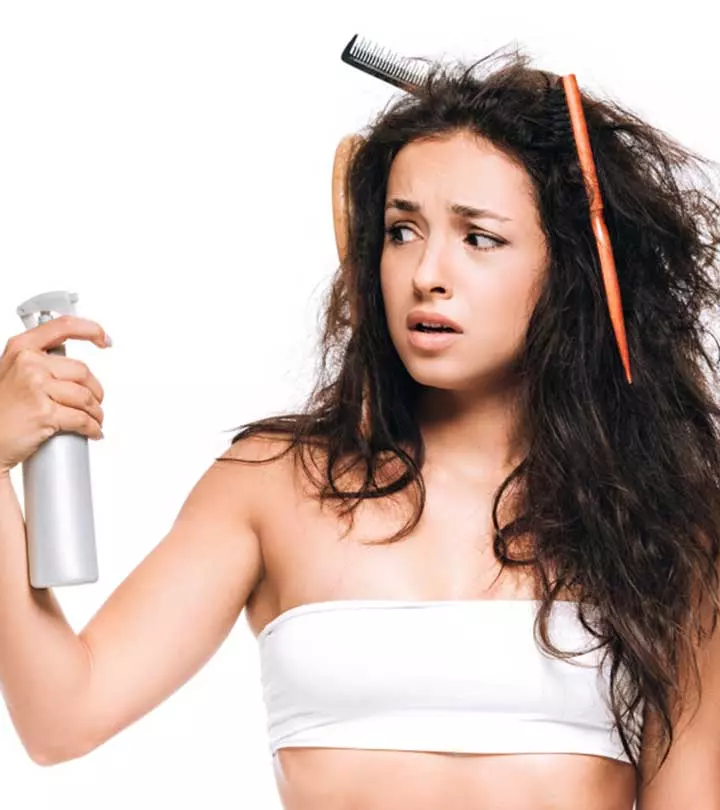
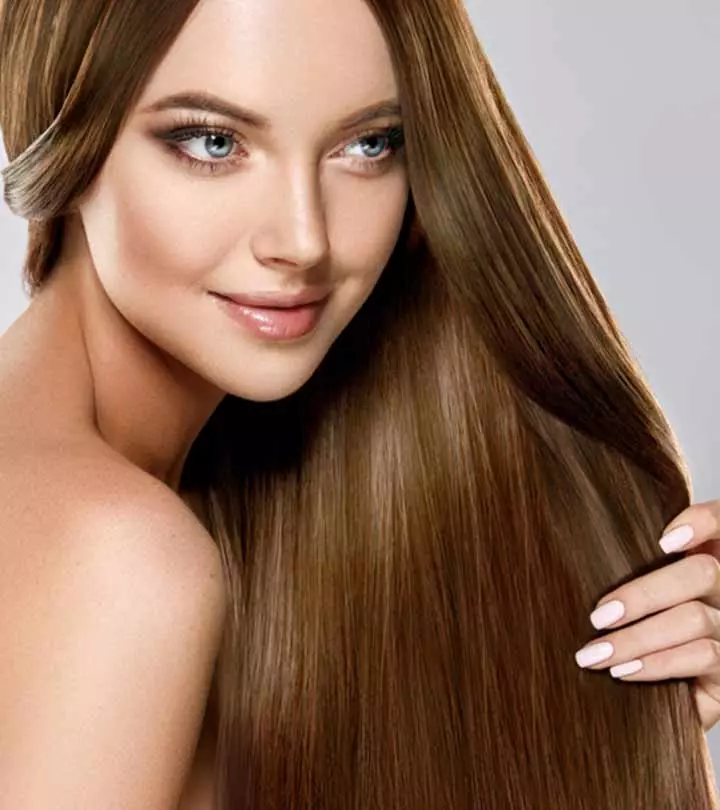

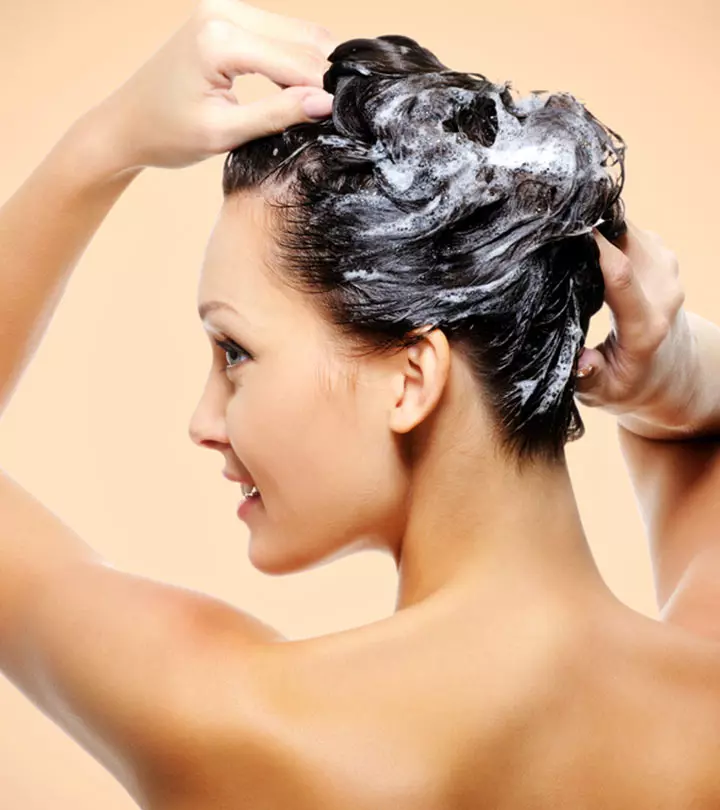
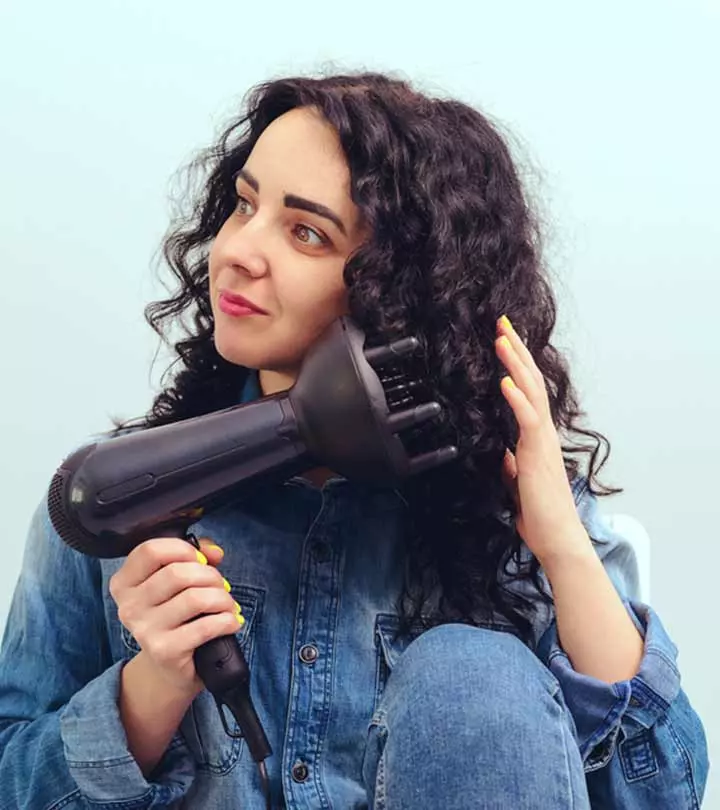
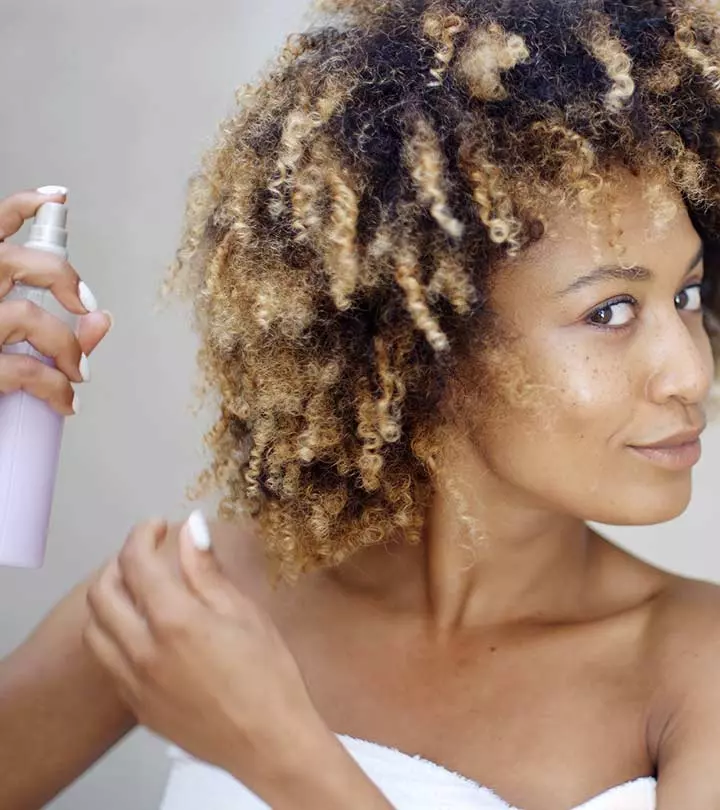
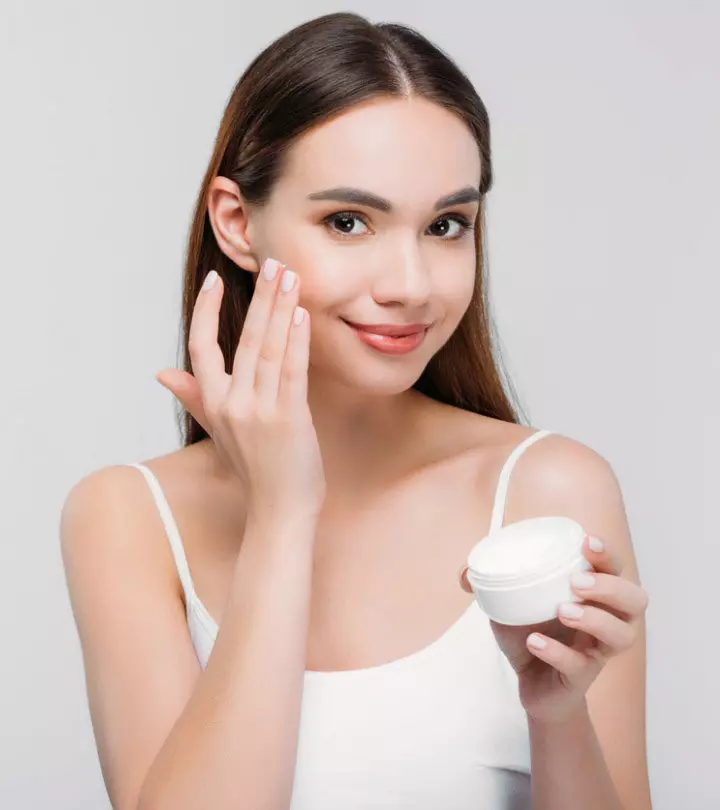
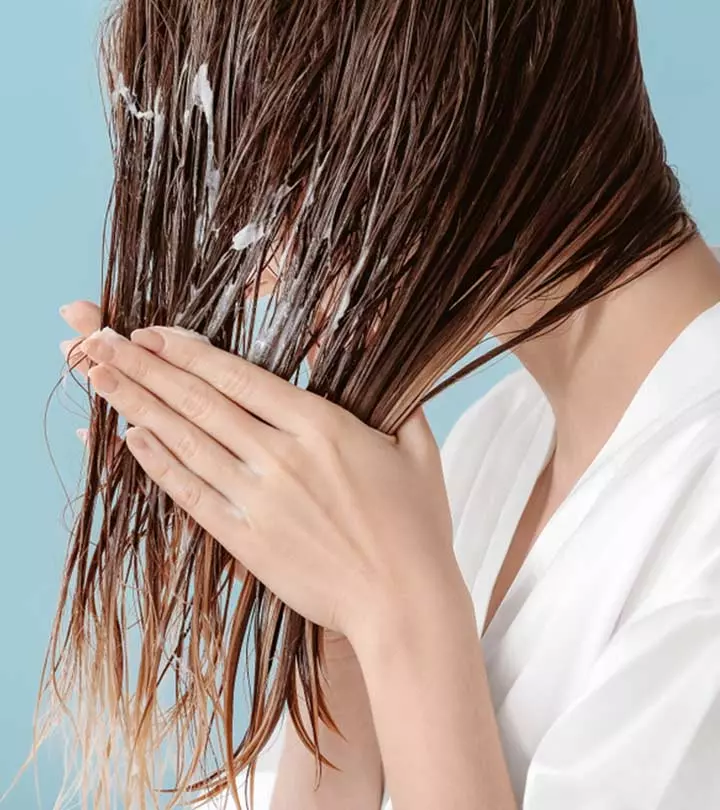
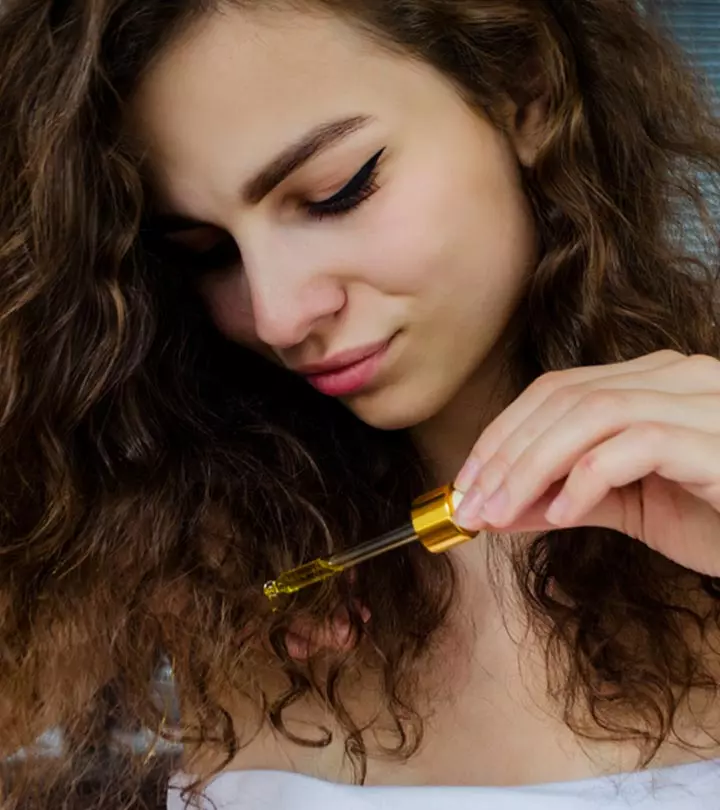
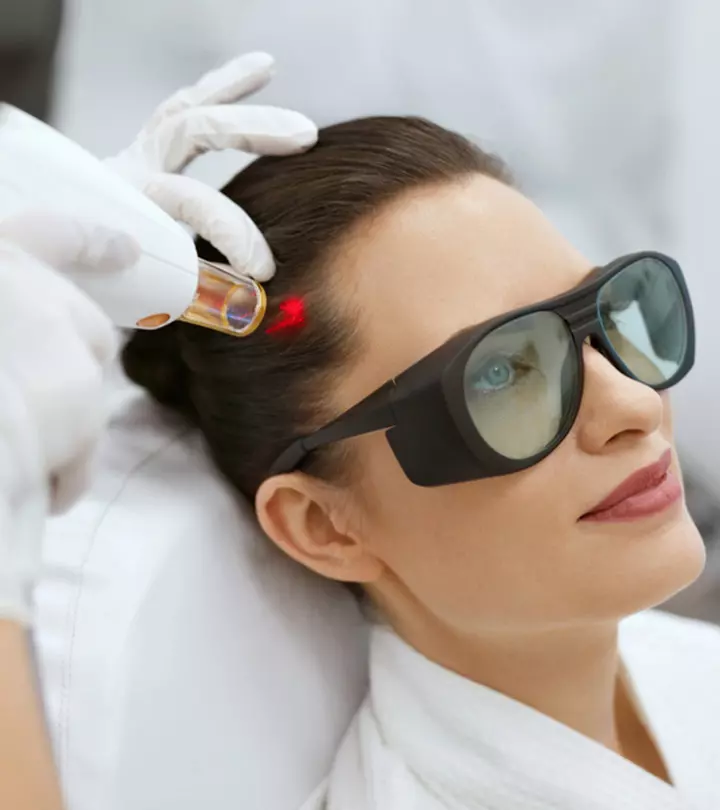

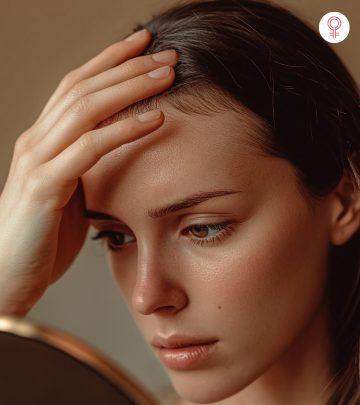
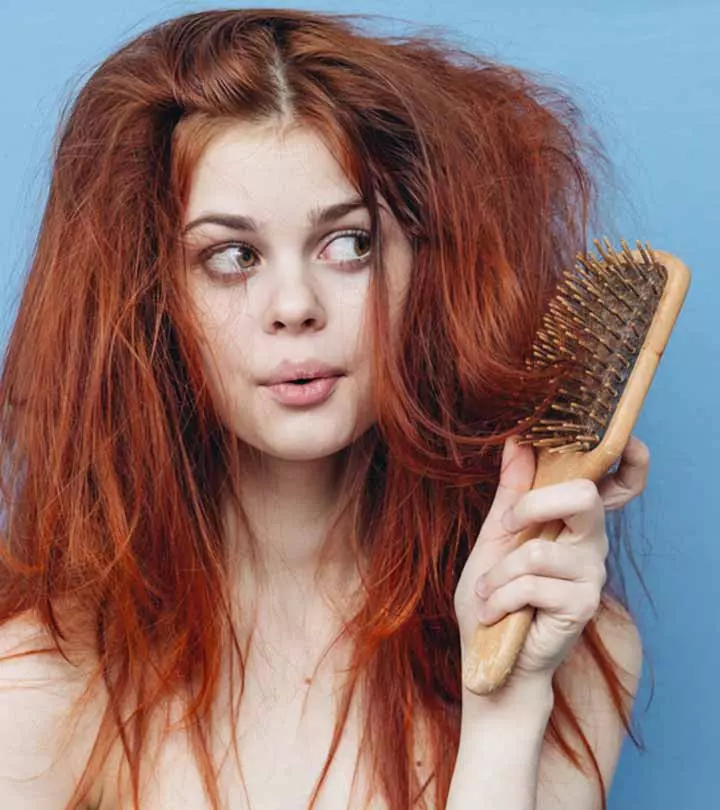
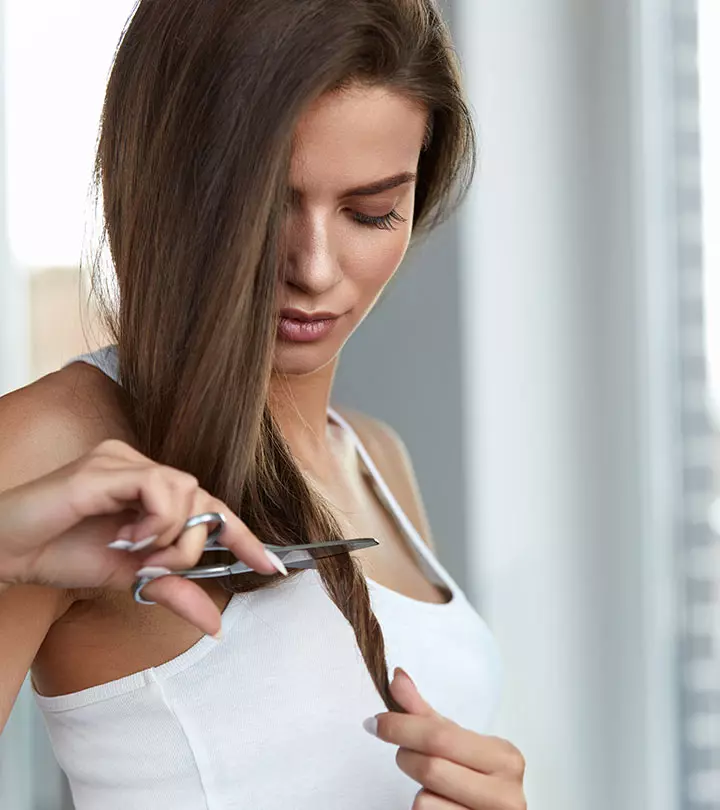



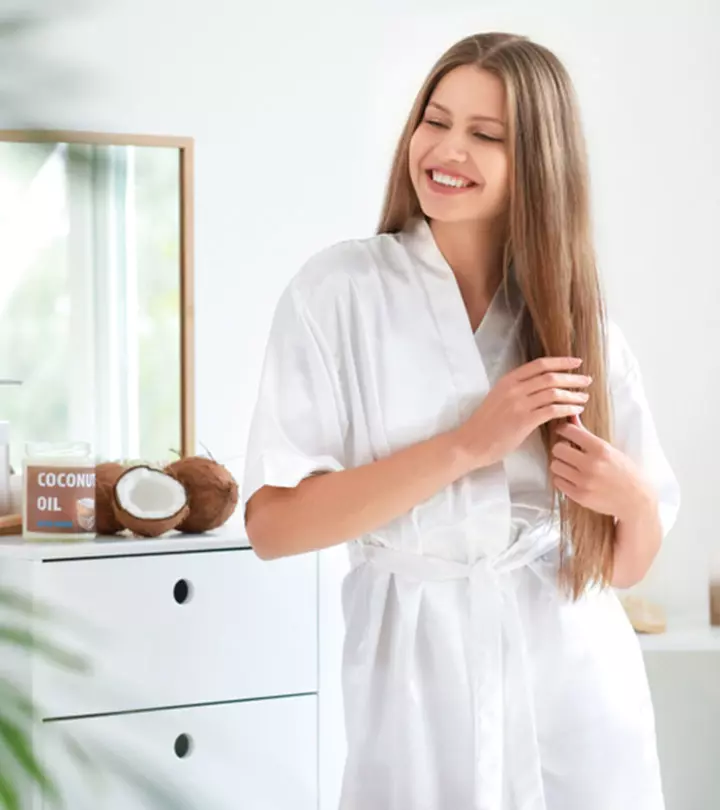
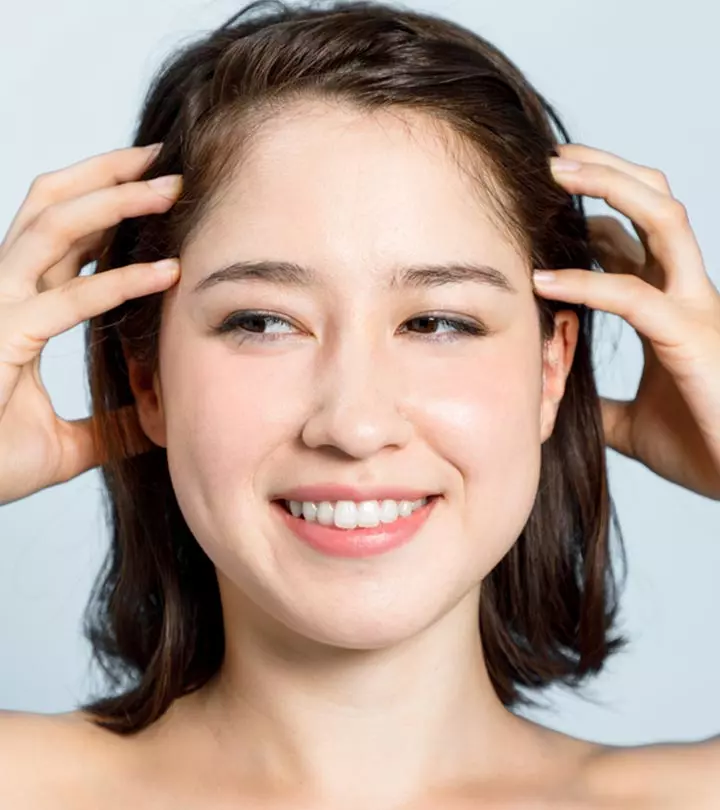
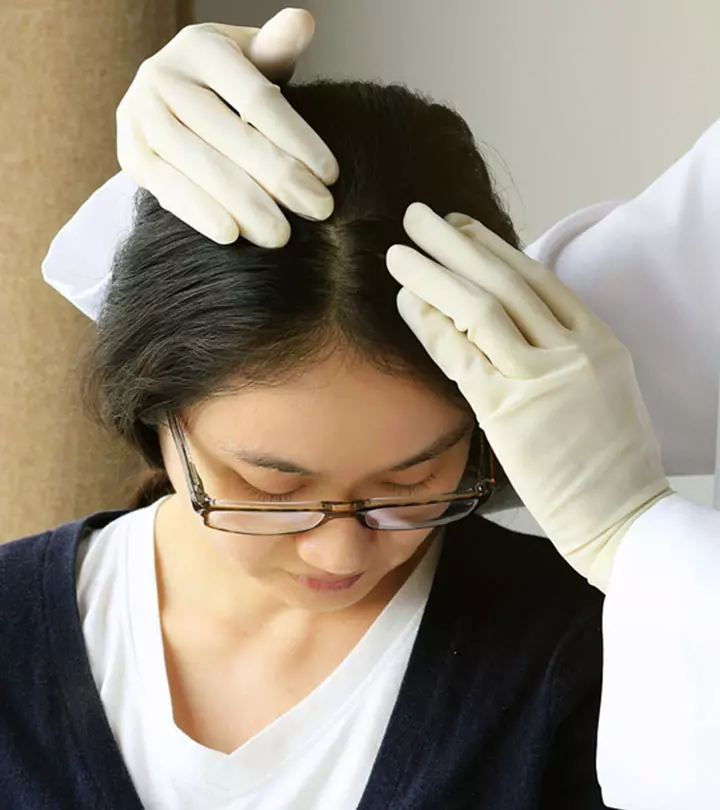
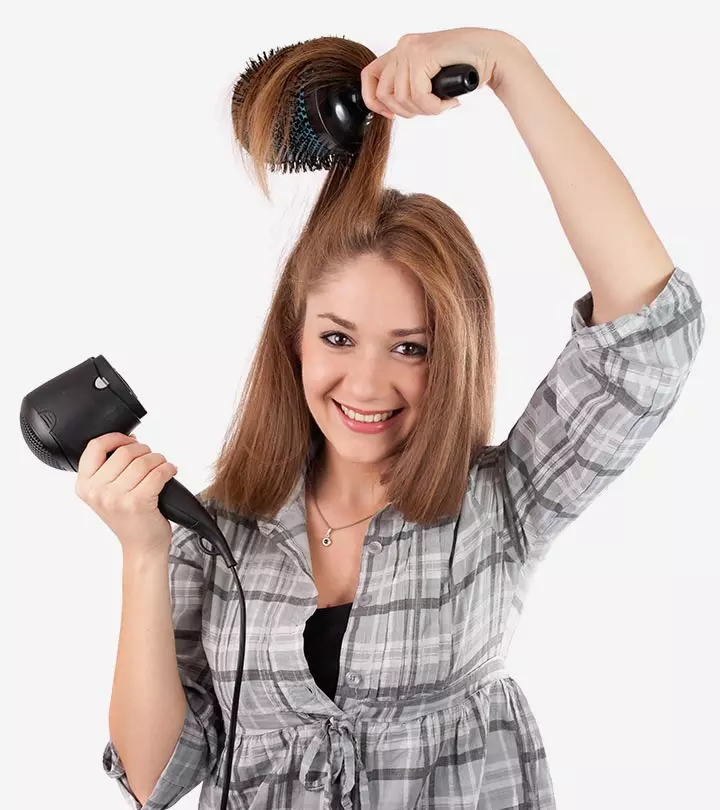
Community Experiences
Join the conversation and become a part of our empowering community! Share your stories, experiences, and insights to connect with other beauty, lifestyle, and health enthusiasts.